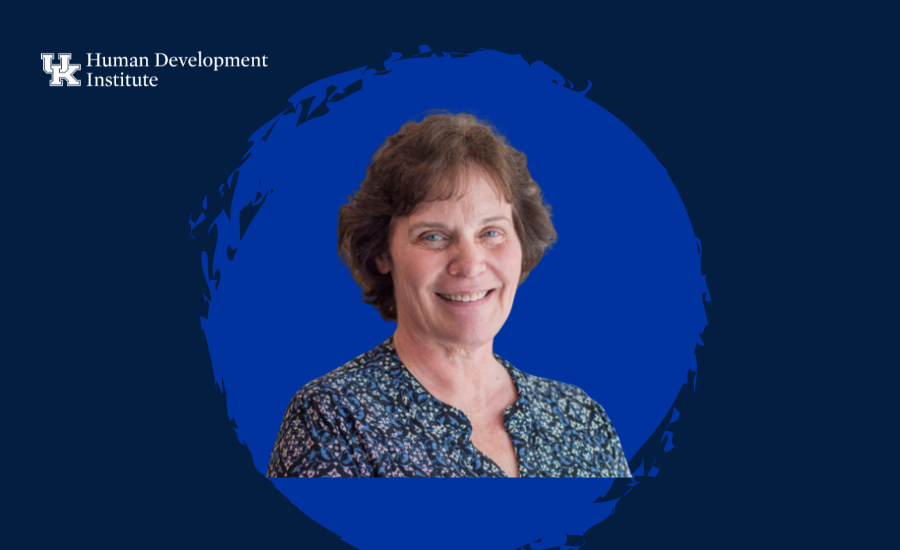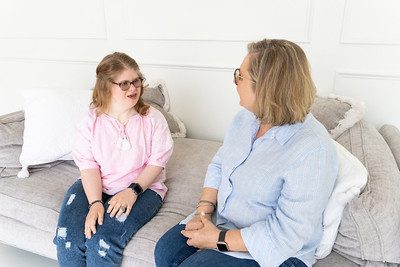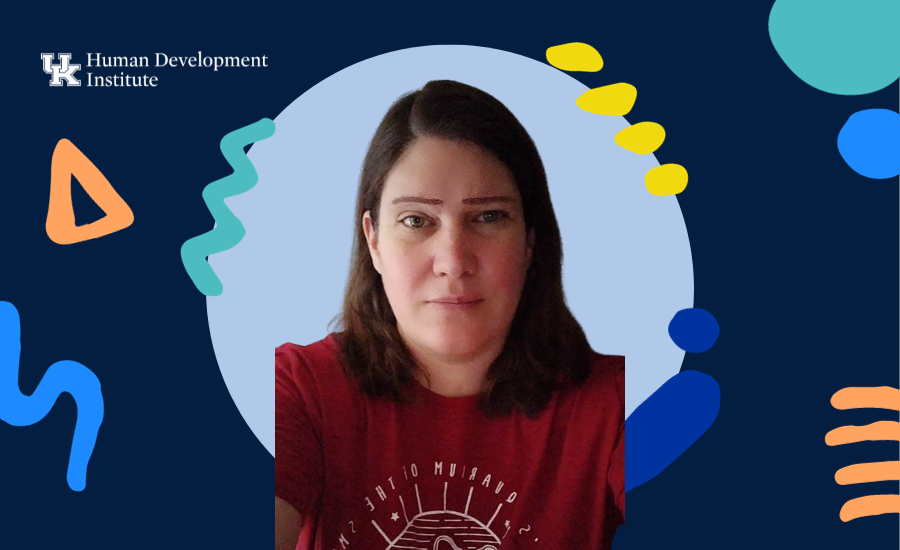January is National Mentoring Month, and that makes it a great time to highlight HDI’s Disability Mentoring Program.
The program pairs people with disabilities with students who want to learn more about their experiences.
“The thing that makes it work is that people that are actually in the program, get that firsthand experience with disability. They get to talk to somebody that’s living the life,”said Jason Jones, coordinates the program alongside Elizabeth Thompson.
“The cool thing about this program is that it’s not all 19 or 20 year olds in college, it’s people in different places and their careers,” Jones said of the program’s participants.
The idea, Thompson said, is that both mentors and mentees learn from the experience.
“Our goal is to help build more inclusive communities, and improve the quality of life for people with disabilities, and for our LEND students, who are graduate students…to go out into the communities with a better view of that lived experience,” Thompson said.
For Jon Drummond, who went on to work with HDI as a research assistant, the program not only resulted in a lot of learning, but also a long-term friendship.
“We realized, I think, that we were two people that could probably be an honest sounding board for each other,” Drummond said.
The mentor Drummond was paired with had his larynx removed and used assistive technology to speak. While Drummond had never had a similar circumstance, he found that he and his mentor had a lot else in common. They were both PhD students, and Drummond found it interesting that after his mentor completely changed the direction of his dissertation research during this process to focus on others who had similar disabilities.
“He was venturing into a place and experience and subculture that he did not know well. But it was also a subculture that simultaneously was of unlimited value to him, because not only did he use it for his dissertation, he learned a lot from the people he interviewed who also had gone through a similar thing about how to navigate the world, how to make up for things that were frustrating, how to make up for things that he saw initially as deficits all the later maybe they weren’t deficits, they were just different,” Drummond said. “One of the responses was one of his advisors saying, ‘You can’t not do this.’”
Samantha Harrison, meanwhile, served as a mentor for the program and found that it allowed her to open up about subjects that she’d previously had a hard time talking about.
“This program was the first time I had ever disclosed my own disability to a learner. I do a lot of training in my work in the disability field,” Harrison said. “Oftentimes it’s not something that I feel comfortable disclosing because I’m usually in some kind of position of supervision. As I go through my own journey of exploring my neurodiversity, it’s becoming easier to talk about it. At the time that this session occurred with my mentee, it was the first time I really had put that out there. It was a very unique experience and something that I’m still learning from.”
She also appreciated the chance to share her expertise on systems and supports for people with disabilities for a new generation that was unfamiliar with them.
“This opportunity was an incredible way to help increase awareness of self-direction, especially among young professionals. she said. “As we deal with this caregiver crisis and the workforce issues that we’re having, we have to educate young people about the options for long-term services and supports. And I think there’s still a large stigma that if you need long-term services, that you end up in a nursing facility or other institution. Changing that stigma starts with educating people about options. How can you decide to hire your own people to support you if the only option you know is hiring an agency or going to a nursing home? Mentoring learners in this program about long-term support alternatives and how all people, particularly people with disabilities, can contribute to a more inclusive future is a great place to start.”
According to Jones, that’s the ideal – both the mentor and the mentee grow from it.
“Both sides should be getting something out of it,” he said. “Success, to me, is when the mentor and the mentee both say ‘I enjoyed this relationship, I enjoyed the conversation, I really feel like I’ve learned something.’”




